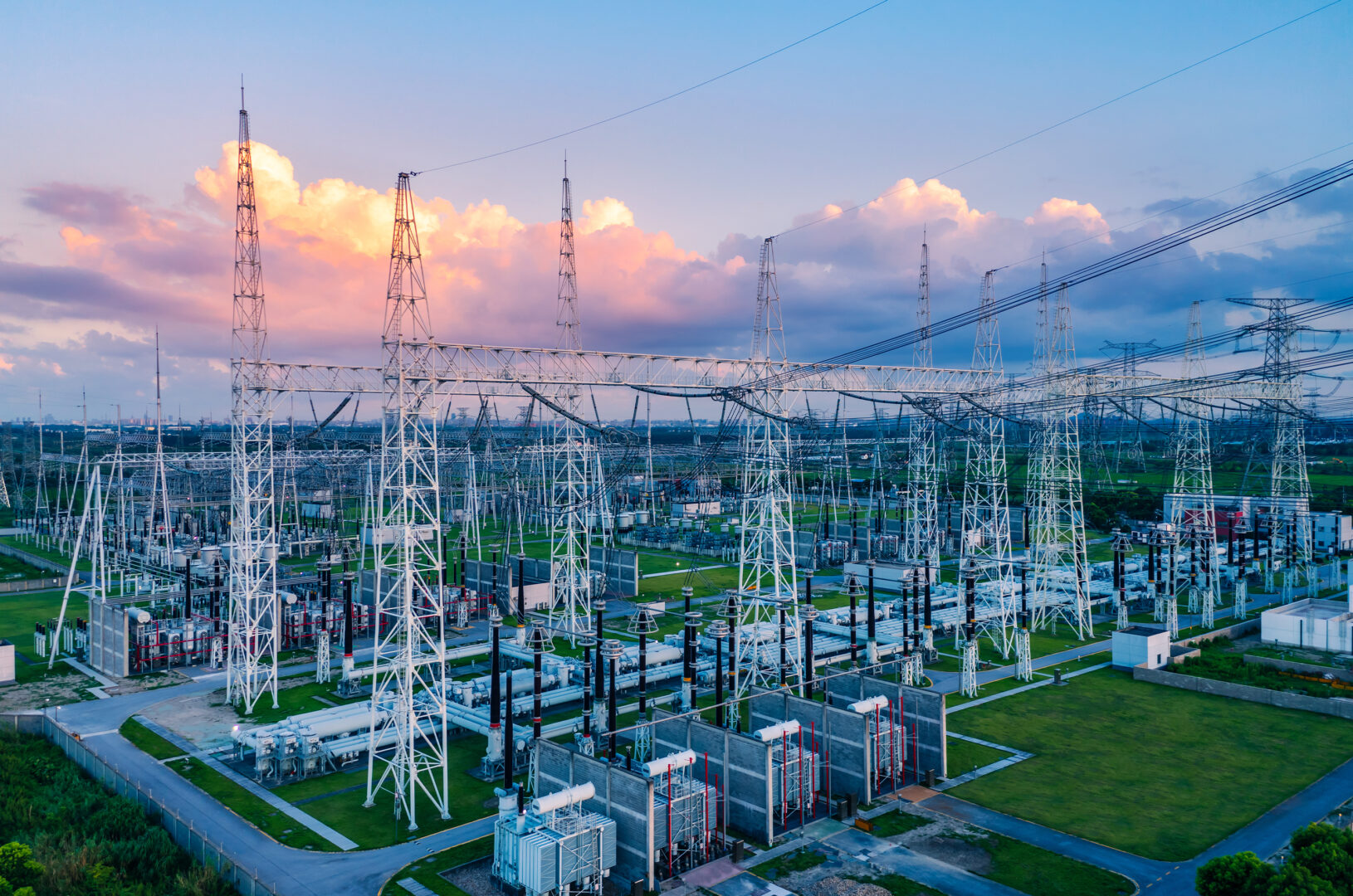
New AI-powered solution aims to cut generator interconnection study times by 80% amid rising energy demand.
Southeast Asia’s transition to cleaner energy is gaining pace, but grid infrastructure remains a key bottleneck. Countries like Indonesia, Vietnam, and the Philippines are scaling up renewable energy projects and data centres, yet many face delays in connecting new capacity to national grids. A recent project in the United States, led by the Southwest Power Pool (SPP) in partnership with Hitachi and NVIDIA, may offer insights into resolving such challenges.
Launched in June 2025, the SPP initiative aims to cut interconnection study times by up to 80% through advanced artificial intelligence and high-performance computing. The project integrates Hitachi’s AI-based simulation tools, predictive analytics, and the Hitachi-iQ-accelerated calculations, augmented simulation modelling, predictive analytics, as well as design and engineering services.
The initiative comes at a critical moment for the U.S. power grid. National electricity demand is increasing by 2–3% annually, largely driven by growing manufacturing output, electrification, and the expansion of data centres — which alone may account for 12% of U.S. electricity use by 2028, up from 4.4% in 2023. SPP, which operates the grid for 14 U.S. states, warns that generating capacity margins could fall to just 5% by 2029 if action is not taken.
The solution being developed will integrate a full suite of capabilities from the Hitachi group — including Method’s design services; GlobalLogic’s software engineering services; Hitachi Energy’s energy portfolio management asset modeling solutions; Hitachi R&D’s AI-based energy grid algorithm; and Hitachi Vantara’s integrated storage and compute platform Hitachi iQ, built on NVIDIA accelerated computing, networking, and AI software.
“This initiative is about reimagining the electricity production and distribution process through the lens of modern AI technology,” said Frank Antonysamy, Chief Growth Officer at Hitachi Digital. The integrated platform will automate processes, enable predictive analysis, and support real-time data-driven decision-making, aiming to improve ROI and service reliability.
The first milestones of the project are expected to be achieved by winter 2025/26, including initial systems acceleration, streamlined data management, and deployment of AI-augmented simulation modelling.
Source: Hitachi Vantara
















